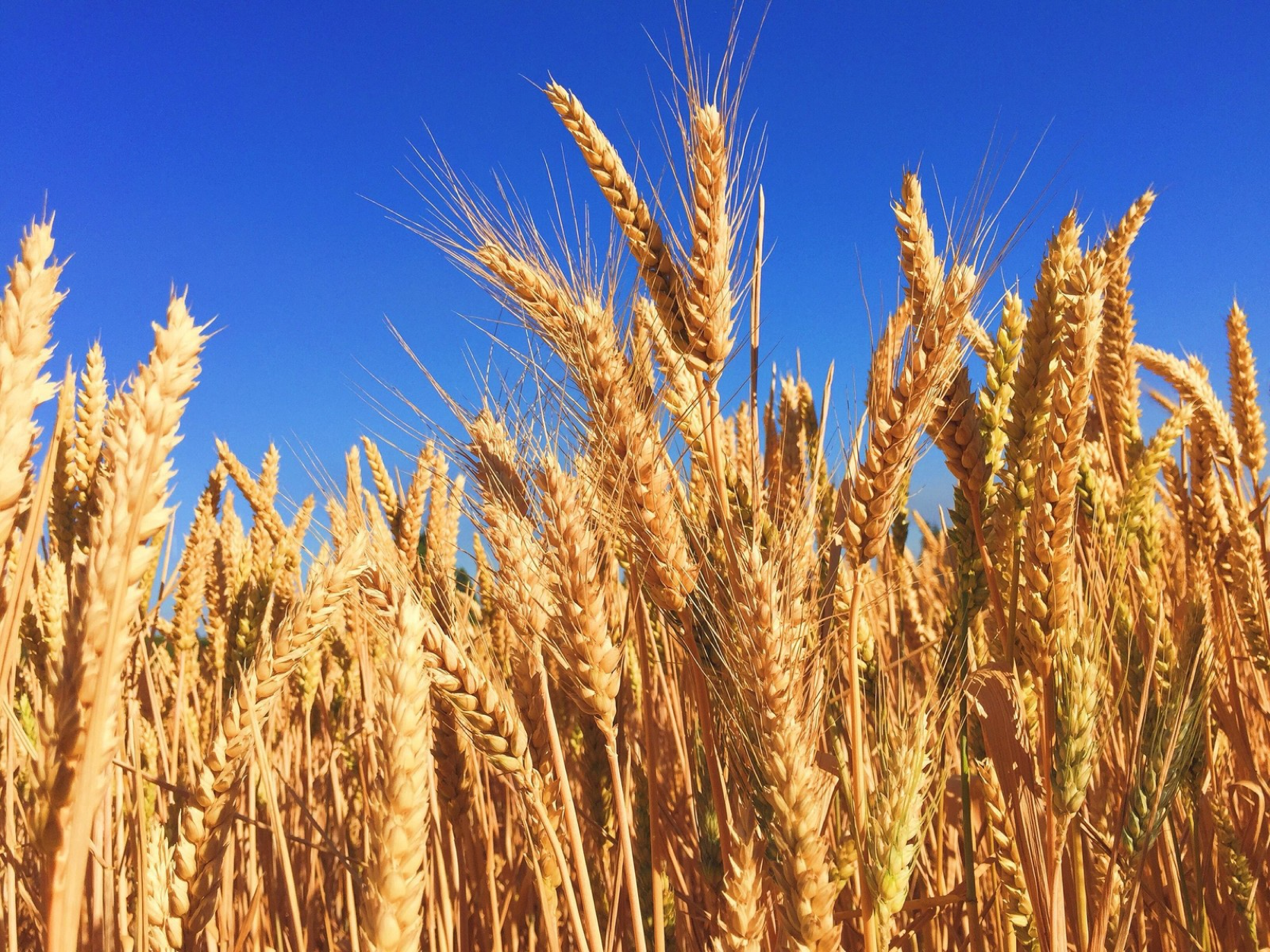Wheat imports are crucial in many of the world’s least developed countries, including in Africa and the Middle East.
Ukraine and Russia have traditionally been among the biggest exporters of the grain.
The war is expected to cause crop failures in Ukraine, while Russia has imposed an export ban on wheat until the end of June.
Wheat shortages and rising prices are now widely expected.
The war in Ukraine is endangering crucial wheat supplies in many of the least developed countries in the world. Among them, countries in Africa and the Middle East in particular are heavily dependent on wheat imports from Russia and Ukraine. According to the UN Comtrade database, Benin and Somalia obtained all of their wheat from Ukraine and/or Russia. The dependency of Egypt stood at 82 percent, according to the data.
While crop failures are to be expected in Ukraine in 2022, Russia has imposed an export ban on products such as wheat until the end of June 2022, leading observers to predict shortages and rising prices among their trade partners and on the world market. Egypt and Somalia are among the countries where wheat is traditionally used in some of the most common food staples. According to The Guardian, a food shortage had already been looming in the latter country because of a resurgence of conflict and drought, causing international organizations to warn of the risk of severe hunger even before the invasion.
Ukraine and Russia are also among the world’s top exporters for other important food staples. Around two thirds of the global exports of crucial sunflower products like oil and feed come from Ukraine and Russia.




